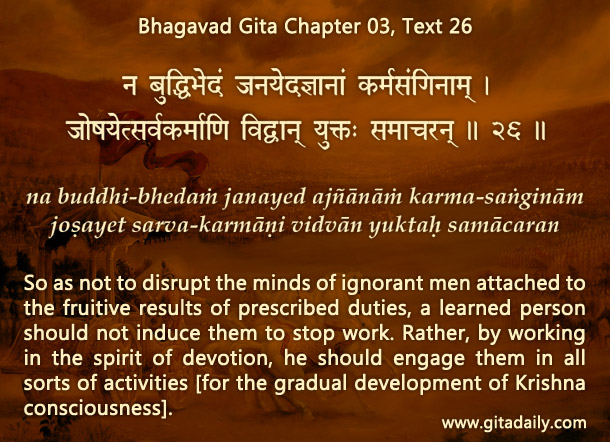“God said it; I accept it; that settles it.” Some people presume that such statements of absolute certainty demonstrate their strong faith. But might certainty arise from something other than faith? Might it arise from ego or insecurity. Let’s see how.
If we live in a religious community that reveres faith, our ego may tempt us to make aggressive proclamations of certainty about our faith just so that people will respect us more. Conversely, if our faith is weak and we feel confused by the world’s many faith-traditions, we may conceal our insecurity by claiming to be categorically certain about our faith.
When certainty arises from ego or insecurity, it fuels intolerance. Those with an ego-driven certainty feel their self-importance vindicated when they convert or crush anyone whose faith differs from theirs. And those with an insecurity-driven certainty feel protected when they censure or censor those who don’t share that faith.
How can we protect our faith from being hijacked by ego or insecurity? By cultivating curiosity. Rather than pandering to the temptation of reducing people to black or white, we try to understand the shades of gray they live in. We appreciate that just because their behaviors and beliefs don’t align with ours, that doesn’t mean they are forsaken by God. He is still acting in their lives, preparing them to turn toward him.
Rather than becoming intolerant of their differing behaviors and beliefs, we become inquisitive: What has brought them where they are in their spiritual evolution? How has God played a part in getting them where they are? How can we play our part in taking them forward in their individual journey toward the Divine? Pertinently, the Bhagavad-gita (03.26) urges us to avoid agitating those who are different from us; instead, it recommends that we focus on accepting them as they are and assisting them spiritually in whatever way works best for them.
One-sentence summary:
An ego-driven or insecurity-driven certainty breeds intolerance, whereas a God-centered curiosity fosters tolerance.
Think it over:
- How might certainty arise from ego or insecurity?
- How can such certainty breed intolerance?
- How can curiosity foster tolerance?
***
03.26: So as not to disrupt the minds of ignorant men attached to the fruitive results of prescribed duties, a learned person should not induce them to stop work. Rather, by working in the spirit of devotion, he should engage them in all sorts of activities [for the gradual development of Krishna consciousness].
To know more about this verse, please click on the image


Tolerance is God like quality